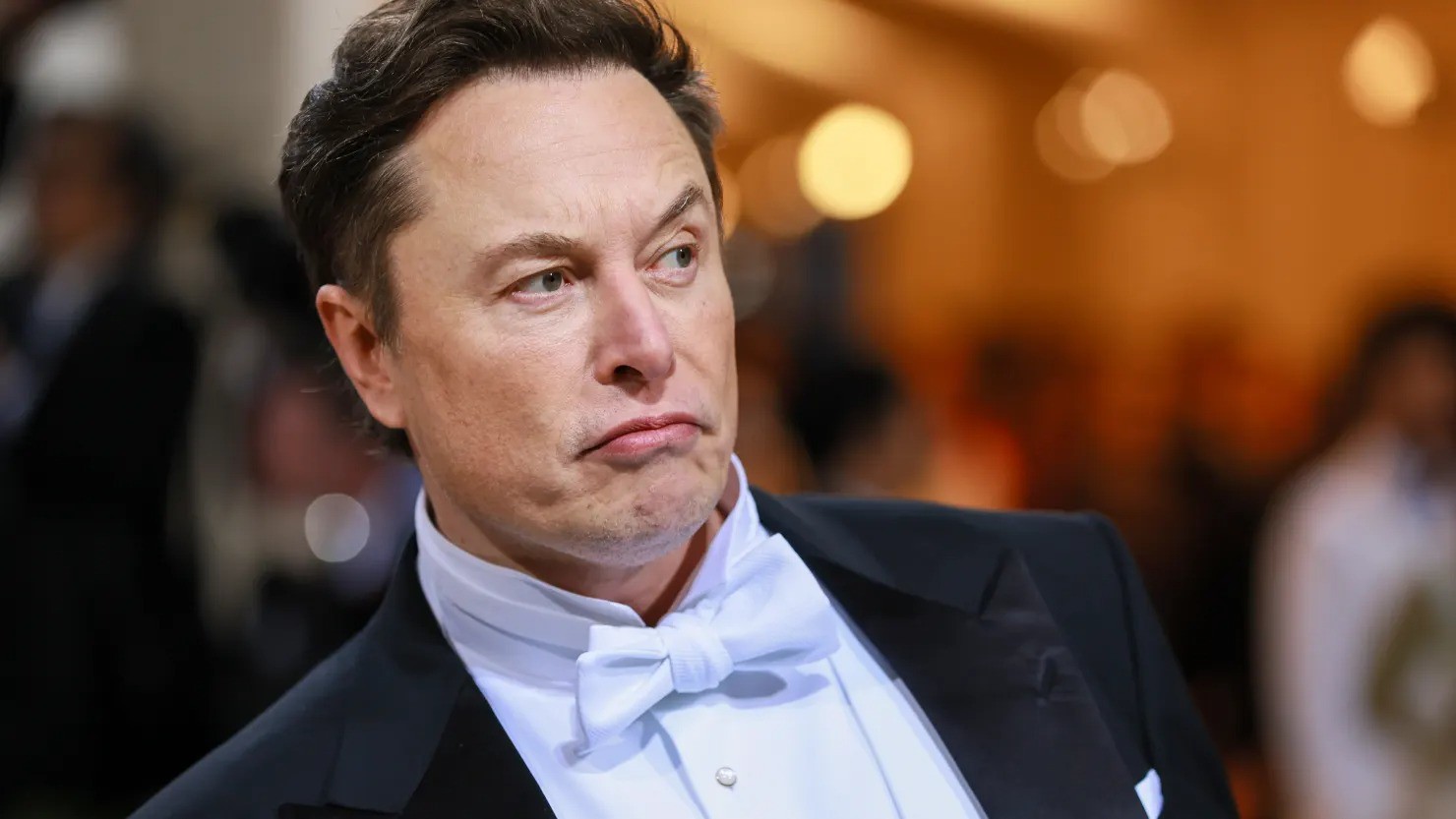In a move that has sent shockwaves through social media, Elon Musk, the billionaire CEO of X (formerly Twitter), has shut down the account of legendary author Stephen King. Musk cited the author’s “totally wokeness” content as the reason behind the ban, stirring a wave of reactions from fans, critics, and political commentators alike.

A ‘Woke’ Dispute in the Digital Age
The incident unfolded after King, a well-known advocate for progressive causes, posted a series of tweets on X that many perceived as promoting left-wing ideologies. In a platform that Musk has repeatedly touted as a space for free speech, the author’s calls for equality, social justice, and climate action were deemed by some to be too “woke” for the platform.
“King has been pushing out a constant stream of politically charged content, and frankly, it’s not what X is about,” Musk tweeted in a follow-up message, defending his decision. “We can’t have people turning this into a soapbox for extreme wokeness. There’s a difference between freedom of speech and using the platform to preach nonstop about social issues.”
Stephen King’s Reaction
Stephen King, whose Twitter presence has been closely followed by millions, didn’t take Musk’s decision lightly. The author quickly responded on an alternative social media platform, calling the move a “shame” and accusing Musk of censoring free speech.
“I’ve spent my entire career speaking out on issues that matter,” King wrote. “If calling for a fairer world is ‘wokeness,’ then I guess I’m guilty. But shutting me down isn’t going to stop the conversation.”
King also voiced concerns over Musk’s growing influence over the platform, warning that the actions taken against him could set a dangerous precedent for other users. “This isn’t about me,” King continued. “It’s about ensuring that diverse voices are heard, even if you don’t like the message.”

The Rise of ‘Wokeness’ and Its Impact on Social Media
The controversy over King’s ban touches on the broader debate surrounding “wokeness” and its place in online discourse. Critics of wokeness argue that it stifles free speech and often leads to the suppression of differing viewpoints, while supporters see it as an essential call for social justice and inclusivity.
Musk, who has positioned himself as a champion of free speech, has repeatedly clashed with what he perceives as “cancel culture” and the rise of wokeness on social media platforms. His decision to shut down King’s account has reignited questions about the role of tech moguls in shaping online conversation and the delicate balance between protecting free speech and curbing content that could be seen as overly politicized.
Public Reactions: A Divided Audience
Reactions to Musk’s move have been polarized. On one side, many users have applauded Musk for standing up against what they view as a push for political correctness. “It’s about time someone put an end to the woke madness,” one user commented. “We need more voices like Elon’s speaking out against the woke agenda.”
On the other side, critics have accused Musk of hypocrisy, pointing out that his own political views have often aligned with conservative causes, while his crackdown on King seems to target a particular type of progressive discourse. “You can’t claim to be for free speech and then silence people for their opinions,” one Twitter user wrote.
Supporters of King have also rallied behind him, using the hashtag #IStandWithKing to express their discontent with Musk’s decision. “This is a direct attack on free speech,” one fan tweeted. “Stephen King was simply voicing his opinion, and now he’s silenced. What’s next?”

A Bigger Question About Free Speech Online
Musk’s ban on Stephen King raises important questions about the future of free speech on platforms like X. While Musk has promised that his version of X will be a place for open dialogue, actions like this cast doubt on the reality of that promise. The author’s shutdown has sparked a wider conversation about who controls the narrative in the digital world and whether tech giants should have the power to decide what kind of content is acceptable.
In the wake of the ban, many are calling for more transparency in how decisions are made on social media platforms. Critics argue that tech companies, especially those owned by individuals like Musk, should have clearer guidelines for content moderation—ones that balance freedom of expression with preventing harmful or divisive rhetoric.
The Road Ahead for X and Stephen King
As the controversy continues to unfold, many are wondering whether Stephen King will return to X under a new account or if he will seek other ways to engage with his audience. His departure from the platform, while significant, may not signal the end of his influence on social media.
In the meantime, Elon Musk’s decision to ban King is sure to fuel the ongoing debate about the intersection of free speech, political ideology, and the power of social media platforms to control public discourse. Whether or not Musk will face repercussions for his actions remains to be seen, but one thing is clear: this incident has opened a can of worms that may redefine how we think about digital expression in the years to come.





